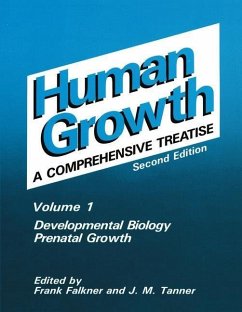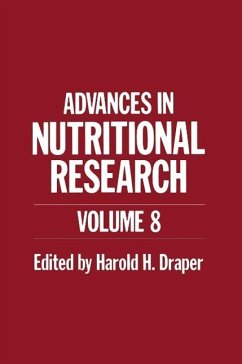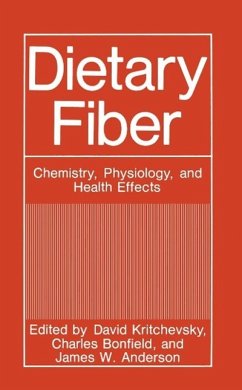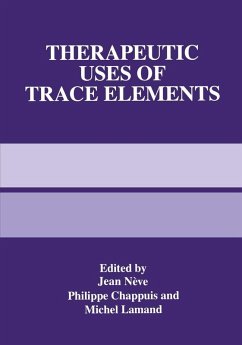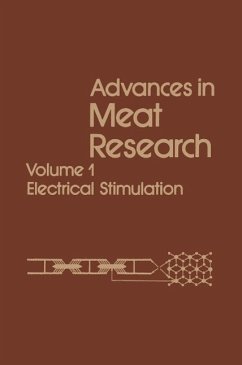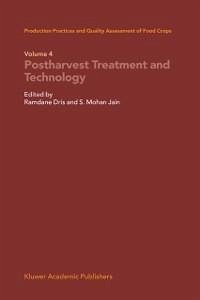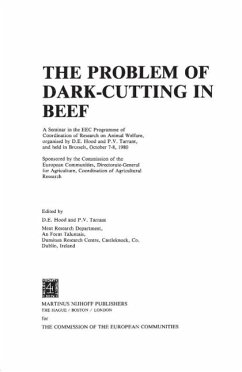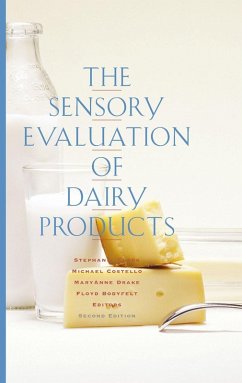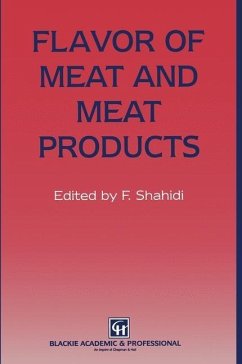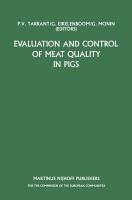
Evaluation and Control of Meat Quality in Pigs (eBook, PDF)
A Seminar in the CEC Agricultural Research Programme, held in Dublin, Ireland, 21-22 November 1985
Redaktion: Tarrant, P. V.; Monin, G.; Eikelenboom, G.
Versandkostenfrei!
Sofort per Download lieferbar
72,95 €
inkl. MwSt.
Weitere Ausgaben:

PAYBACK Punkte
36 °P sammeln!
A Seminar in the CEC Agricultural Research Programme, held in Dublin, Ireland, November 21-22, 1985. Sponsored by the Commission of the European Communities, Directorate-General for Agriculture, Division for the Coordination of Agricultural Research
Dieser Download kann aus rechtlichen Gründen nur mit Rechnungsadresse in A, B, BG, CY, CZ, D, DK, EW, E, FIN, F, GR, HR, H, IRL, I, LT, L, LR, M, NL, PL, P, R, S, SLO, SK ausgeliefert werden.



